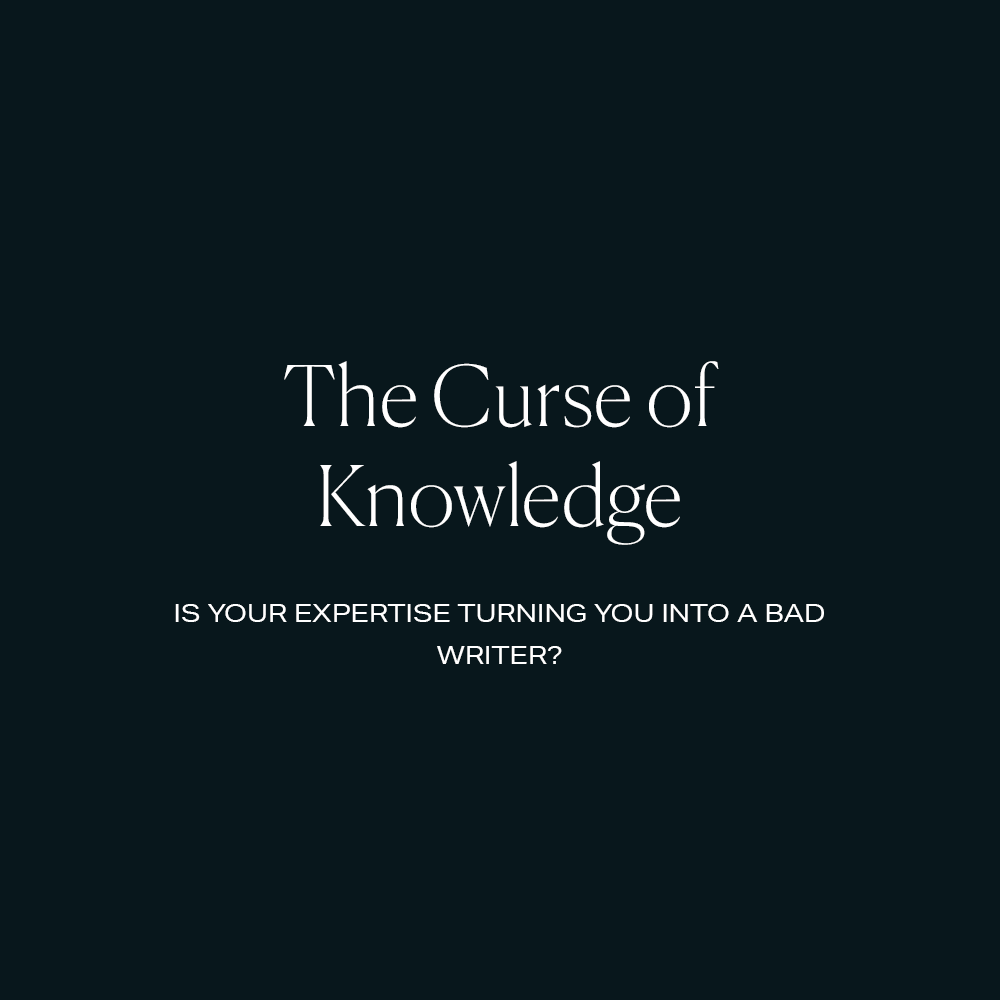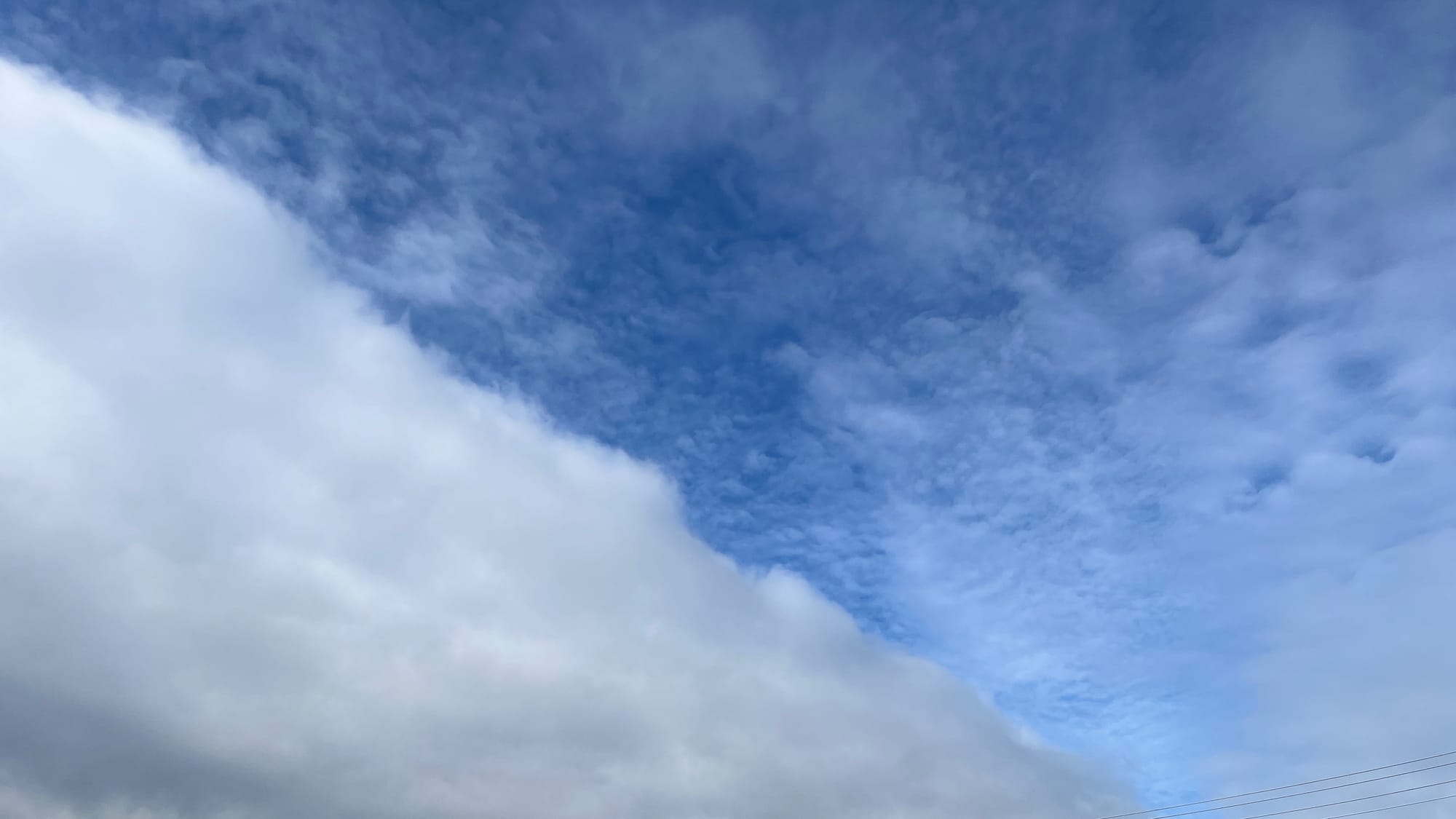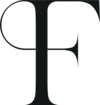Unbreaking dot org
First up, a plug for Unbreaking, an important new volunteer-led project:
The United States is experiencing institutional collapse at a speed and scale that are difficult to understand, especially through feeds and updates designed to atomize our attention. We believe that mapping the damage done and its human costs—and the pushback and resilience work already underway—is necessary groundwork for building and retaining political agency.
I encourage you to read their announcement post, or pick a topic they’re covering and read up (for example, transgender healthcare or food safety).
The curse of knowledge & cursed knowledge
The ‘curse of knowledge’ is a term coined by economists in the 1980s. It describes circumstances where someone has specialized, uncommon knowledge and incorrectly assumes—or acts as if—others also know the same thing. In negotiation, you can imagine why that’s worth keeping straight.
In my own work (including what I write here) the curse of knowledge afflicts me in a particular way. I assume that because I am experienced in a certain topic, it’s universally boring and there is no point in sharing it. This is wrong. It’s an impulse I am learning to ignore, but it’s always there. For example, the most broadly useful post I’ve written for the site is this three-minute how-to on running a premortem. This method no longer seems special to me, but it remains very useful, and the post is a decent enough introduction for those who find it and benefit from it.
Carina Rampelt wrote about a similar problem in this piece on the relationship between the curse of knowledge and interminable jargon:

Slightly different from the curse of knowledge is the idea of ‘cursed knowledge’, which my pal Isaac Wyatt wrote about. In Ike’s formulation, cursed knowledge is that which one knows, but wishes one didn’t—for reasons of comfort, privacy, or to product effects such as plausible deniability.
A recent example of cursed knowledge is this collection of unwanted arcana learned by the developers of a photo & video storage service:

Upcoming event
Registration is now open for in-person and online PuMP Performance Measurement Workshops by Brook Rolter. I took an earlier version of this workshop with Brook some years ago and found it super helpful. It has influenced how I use performance measurement in my work ever since.
Last month, I shared Donald Wheeler’s seminars on using statistical analysis for management. PuMP is a proprietary performance measurement approach that is similar to Wheeler’s, but does as much of the work for you as possible. You’ll get a detailed program to take and run for your group.
The in-person offering in Virginia in July and a waitlist available for the online offering in November. This is the real deal:

Gratitude
I am grateful to the anonymous correspondent who wrote:
I love what you have created on the web. it is a real hoot — obviously, the product of someone enjoying life!!
The reality is that I post this a day later than I wanted to, with fewer links and goodies than I’d hoped. The curse of knowledge combines with my general perfectionism and lingering headache, all of which make me hesitate to publish anything at all. But I will, and I trust it will be useful, or at least amusing, to a few people. (And if it’s not, please go find something better over in my recommendations.)
I hope you are doing well and finding the blue behind and above each cloudy sky. What specific thing can I do to help you? Let me know.





